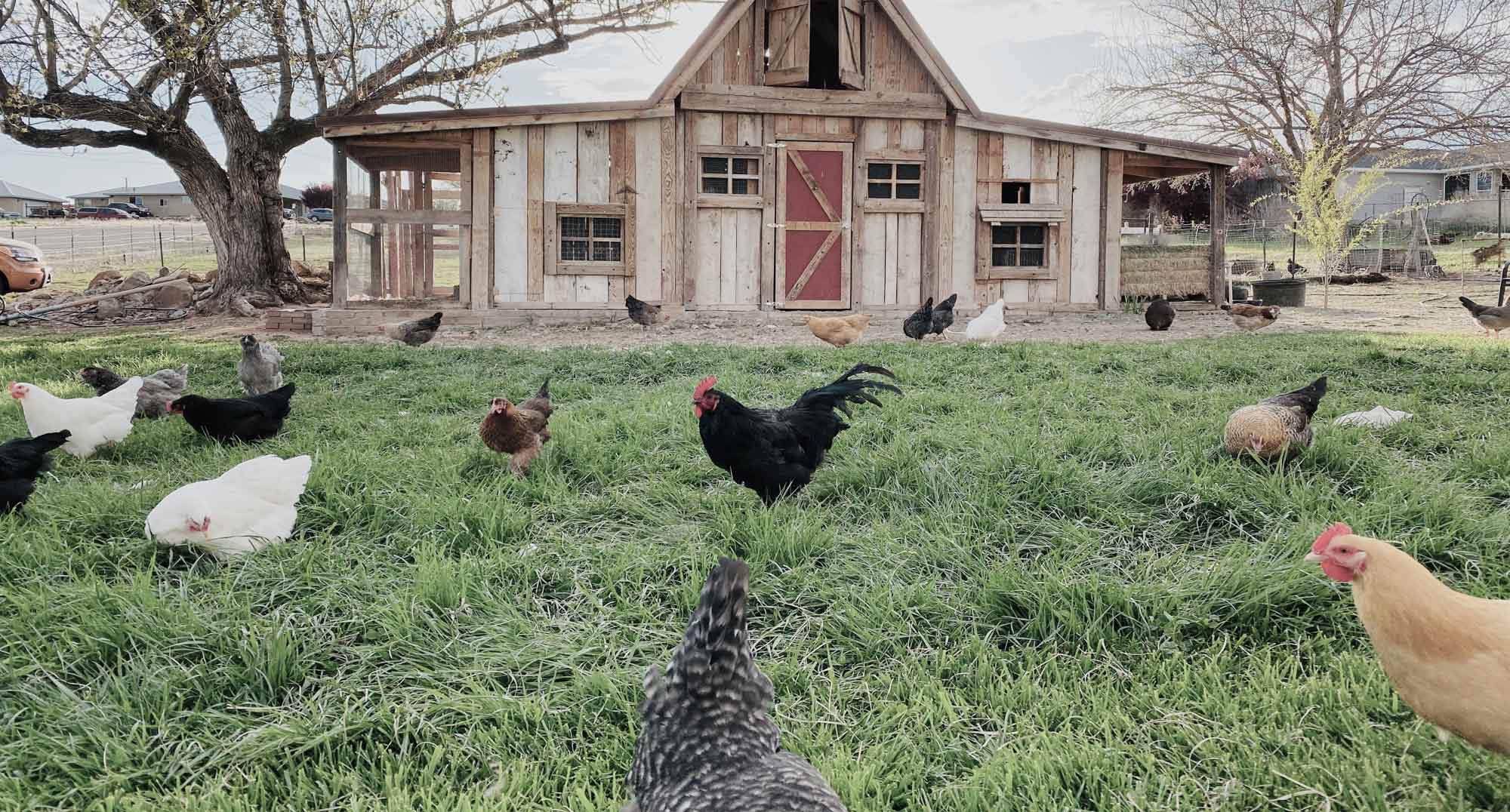MARLYS ROOS|GUEST
Do you remember the story of the little red hen?
She asked each of her friends on the farm, “Who will help me plant these wheat seeds?” But each replied, “Not I.” (They used correct grammar!) So, she did it herself. When the wheat had grown, she asked each to help her harvest it, but each replied, “Not I.” The same thing happened when she asked for help to carry the wheat to the miller to be ground and even when she asked them to help her bake the bread. Then, as soon as the bread was ready and the rich aroma wafted across the farmyard, she asked, “Who will help me eat this bread?” All her so-called friends eagerly replied, “I will!” She, nevertheless, informed them, “No, you won’t. I will eat it myself.”
Although it was first published in 1918, I’m sure this folktale has been around longer. Parents and teachers (as well as Mister Rogers and Captain Kangaroo, if you’re old enough to remember them) used it as a parable to teach children the value of hard work and the consequences of laziness. I think it has an even broader application—for the times we just don’t want to bother or be bothered―and we miss out.
The story bears a resemblance to Jesus’s parable known as “The Good Samaritan” (Luke 10:25-37). Although the hen was not in a life-or-death situation, she did need help. And like the priest and the Levite, her friends could not be bothered to help. They were either too busy or just not interested.
Why?
We live in a fast-paced world in constant motion, a culture of convenience and instant gratification. The speed of change initiated by the Industrial Revolution has been multiplied exponentially by the technology of the last twenty years. Now, we frequently judge quality by speed and quantity rather than by, well, by actual quality.
Most of us in industrialized nations also enjoy our many comforts whether at home or work or elsewhere. And even in our leisure, we lay out plans which seem unchangeable. We, like those animals in the story, don’t like to be inconvenienced. We have our own agenda and can’t be bothered, even if it’s to look up from the phone to make eye contact during conversation.
For some, it’s just hard to step out of the comfort zones we’ve created. The pandemic intensified this as we avoided others in the effort to avoid the virus, and now we have grown satisfied to be distanced whether socially or virtually.
Whatever our excuse, we often miss out on blessings we cannot see―or fail to consider― until it’s too late. Then with perfect hindsight, we live with the regret. Although we want to be like the Good Samaritan, the road of good intentions is frequently strewn with potholes and obstacles—and excuses. We still get caught up in the world and try to handle things ourselves―or avoid them and even deny their existence like the religious leaders in Jesus’s parable.
It truly is a spiritual battle (Eph. 6:12), and countless times Satan uses the guilt for “sins of omission” to haunt us with thoughts of the bigger blessings we’ve missed out on by ignoring, avoiding, and denying the needs of others (Prov. 3:27-28, Matt. 25:31-46) and even our own needs (Prov. 3:9 and 13, just to name two). So, we throw ourselves into a cycle of busy-ness to create the illusion of not missing out, while, like the red hen’s neighbors, we truly are.
Why Not I?
Please understand that though I have used plural first-person pronouns that I have this discussion with myself on a regular basis using singular first-person pronouns. I know this is a plank in my eye (Luke 6:42). One of the many reasons God gives us community is to “spur one another on toward love and good deeds” (Heb. 10:24 NIV).
What is it you’ve been thinking about doing to step out of your comfort zone and minister to others? Sometimes the steps can be small and quick such as sending a card to a friend or meeting a new neighbor. Other steps may need to be more deliberate such as setting aside time to spend in prayer or in God’s Word to prepare for serving. And we may be called to take even greater, more challenging steps to invest significant amounts of time with a friend or loved one in crisis. Eventually, these steps will then build up the “spiritual muscles” needed to become aware and respond (not react) to all types of needs.
Photo by Dani Millington on Unsplash

Marlys Roos
Marlys Roos is the publications coordinator for CDM. She and her family are members of Perimeter Church in Atlanta.

